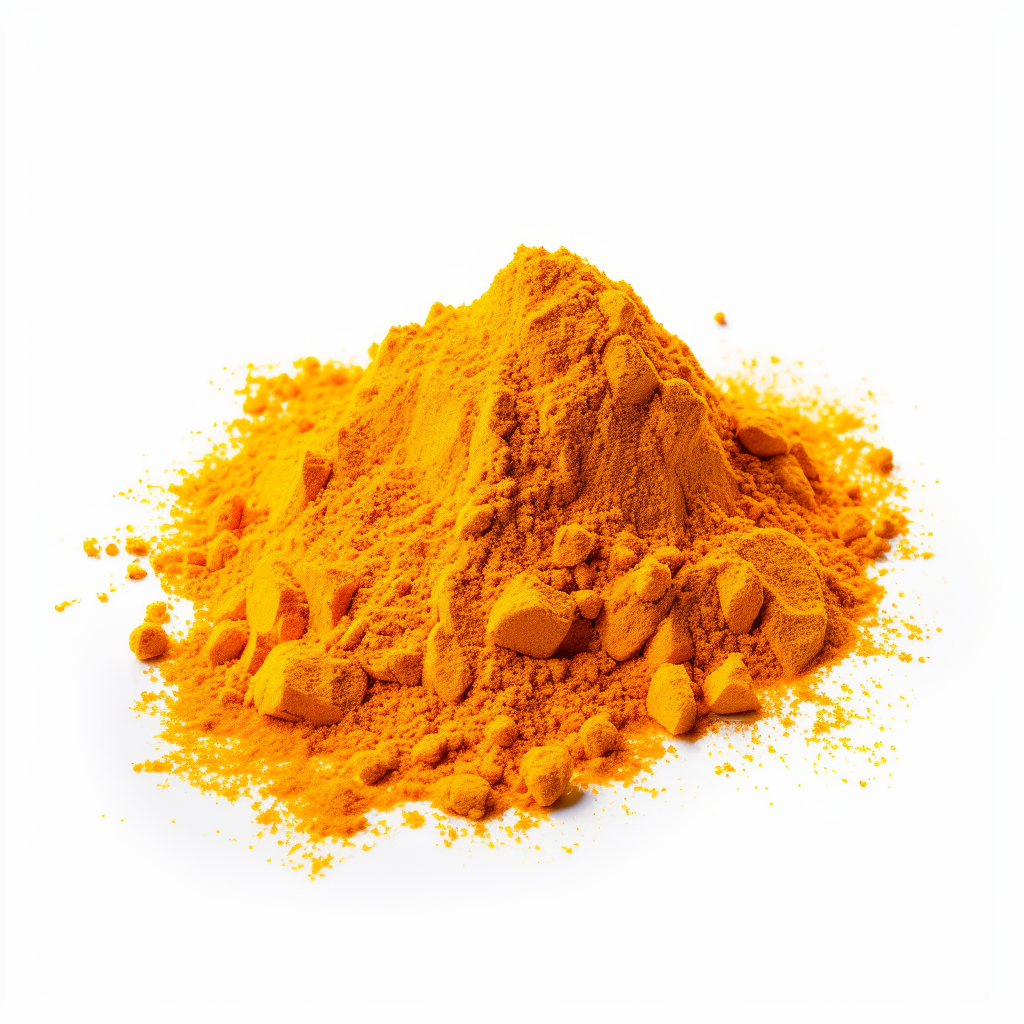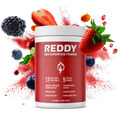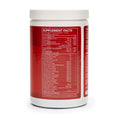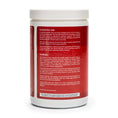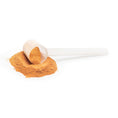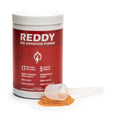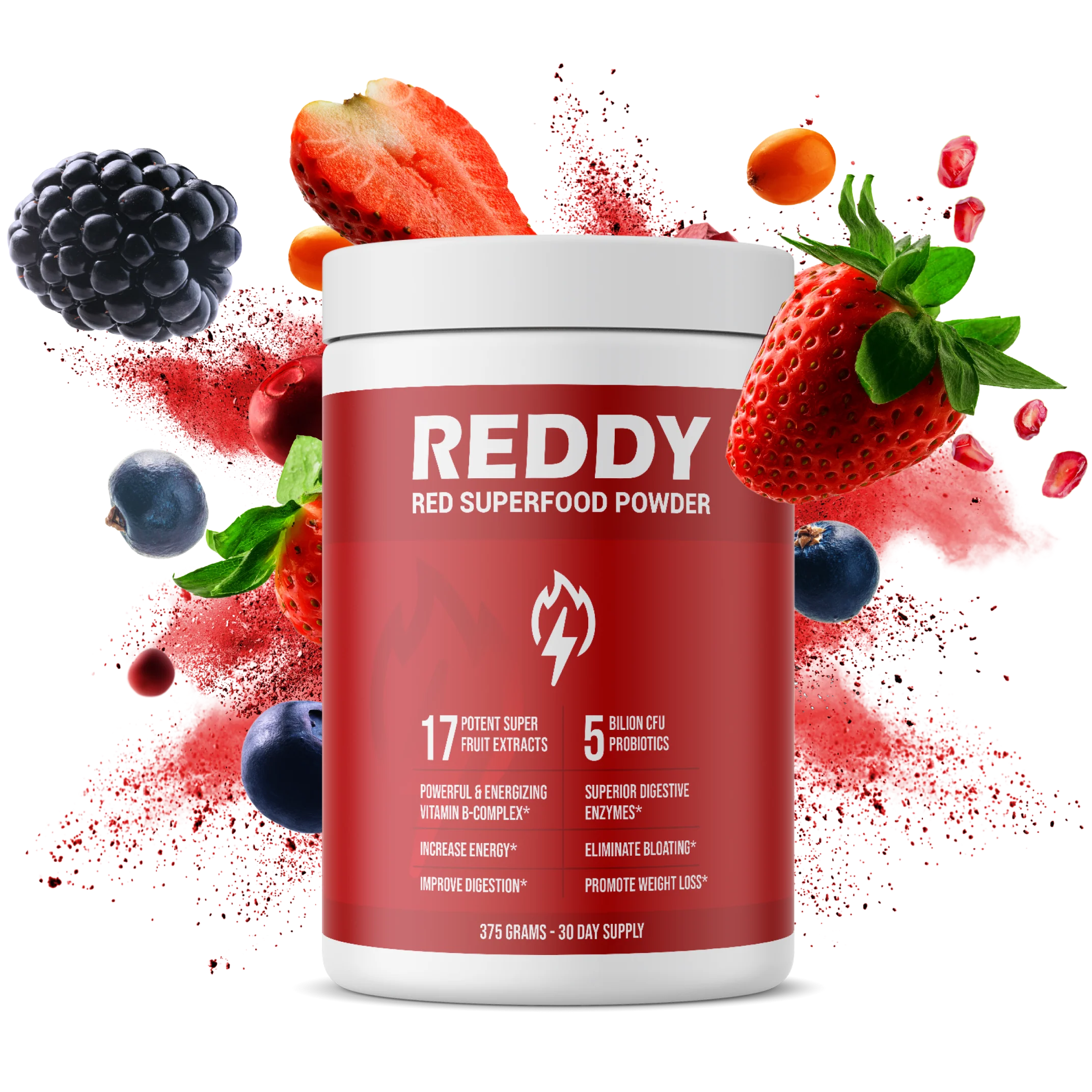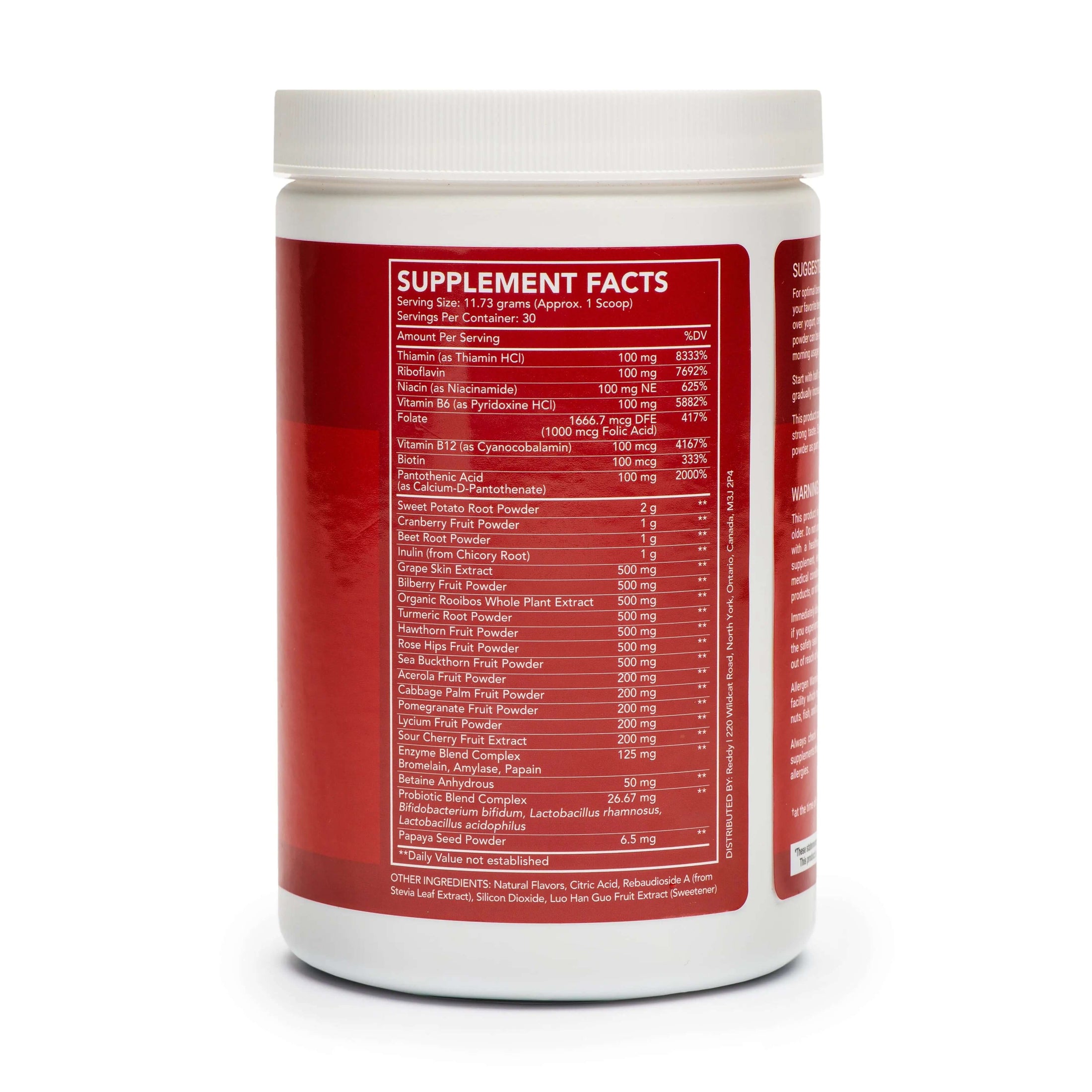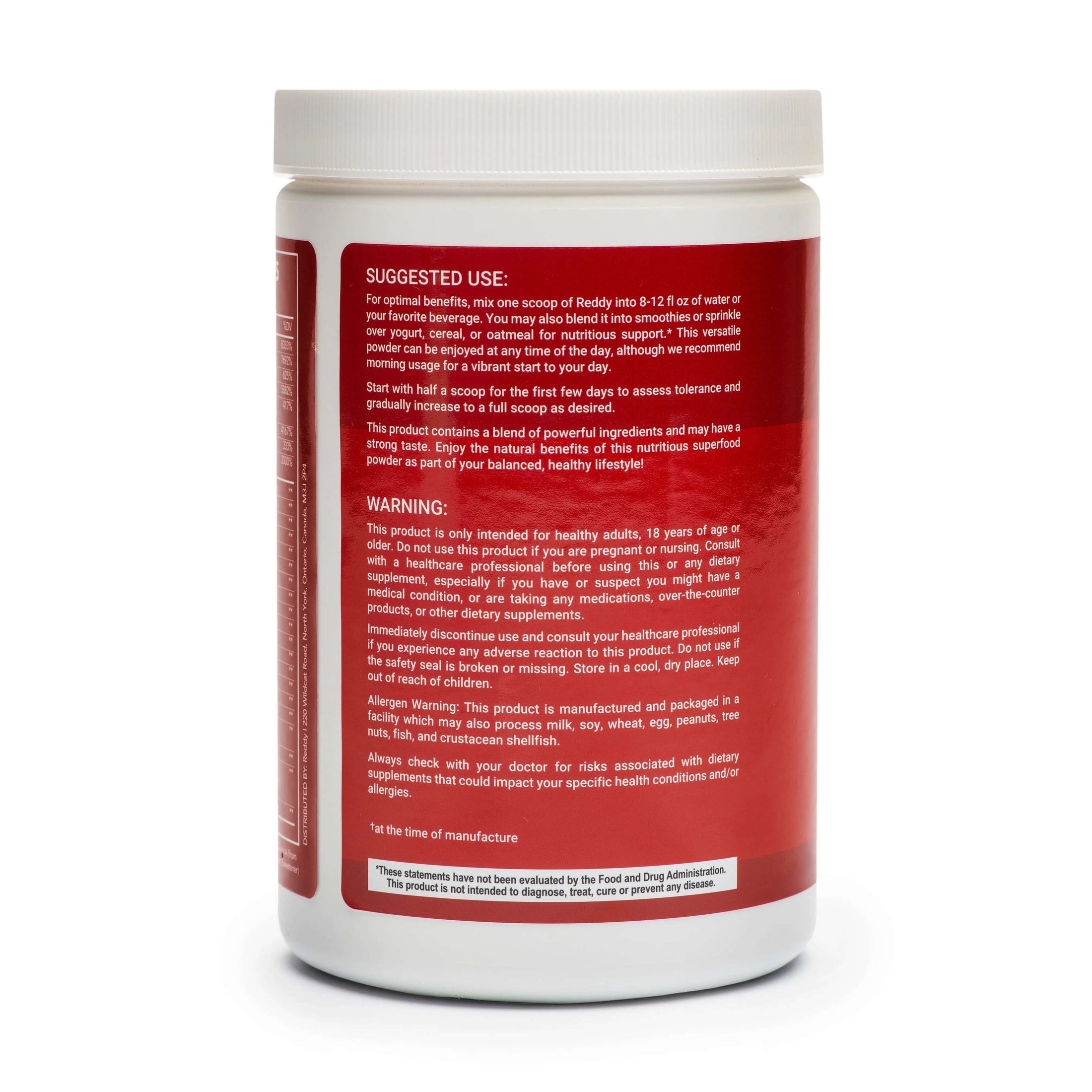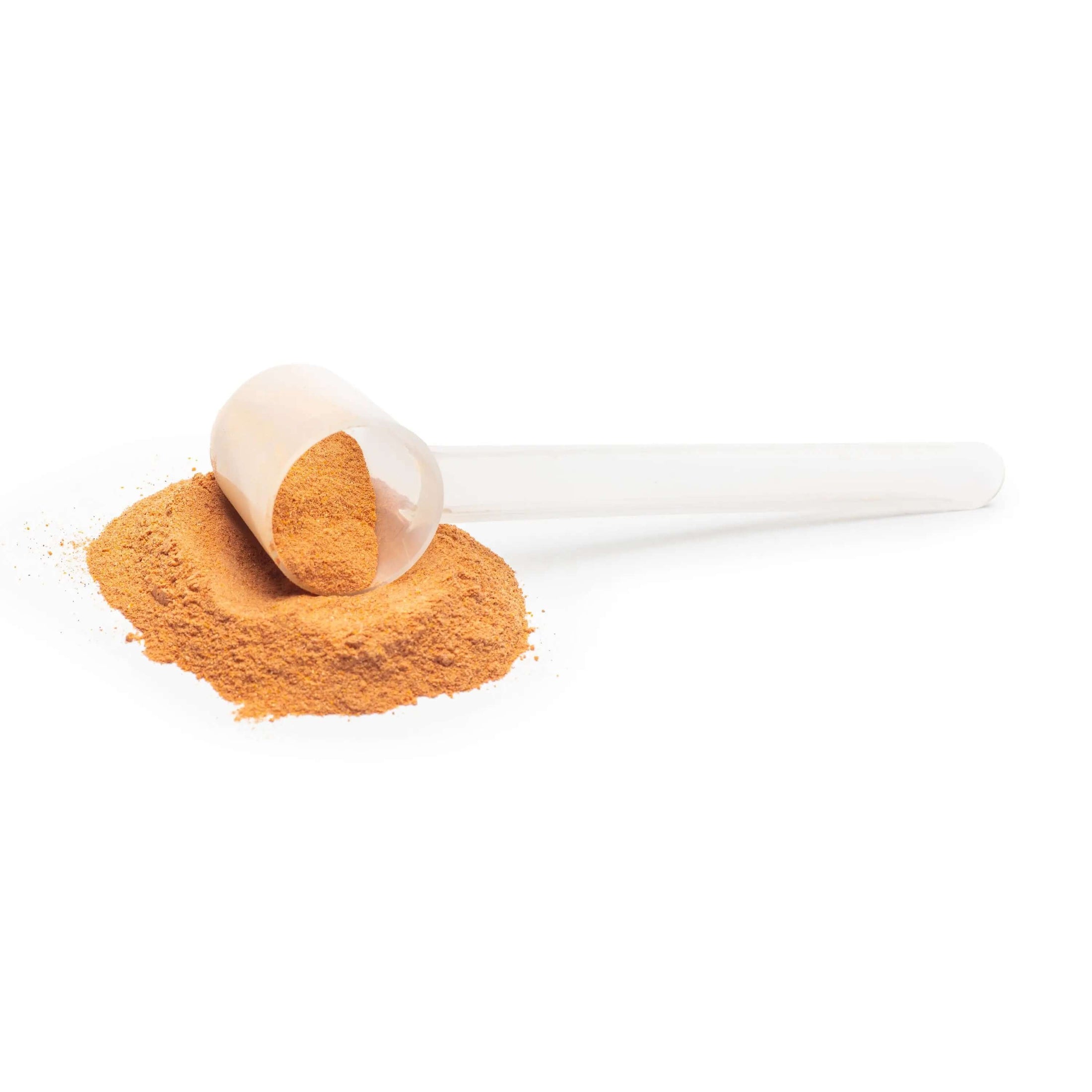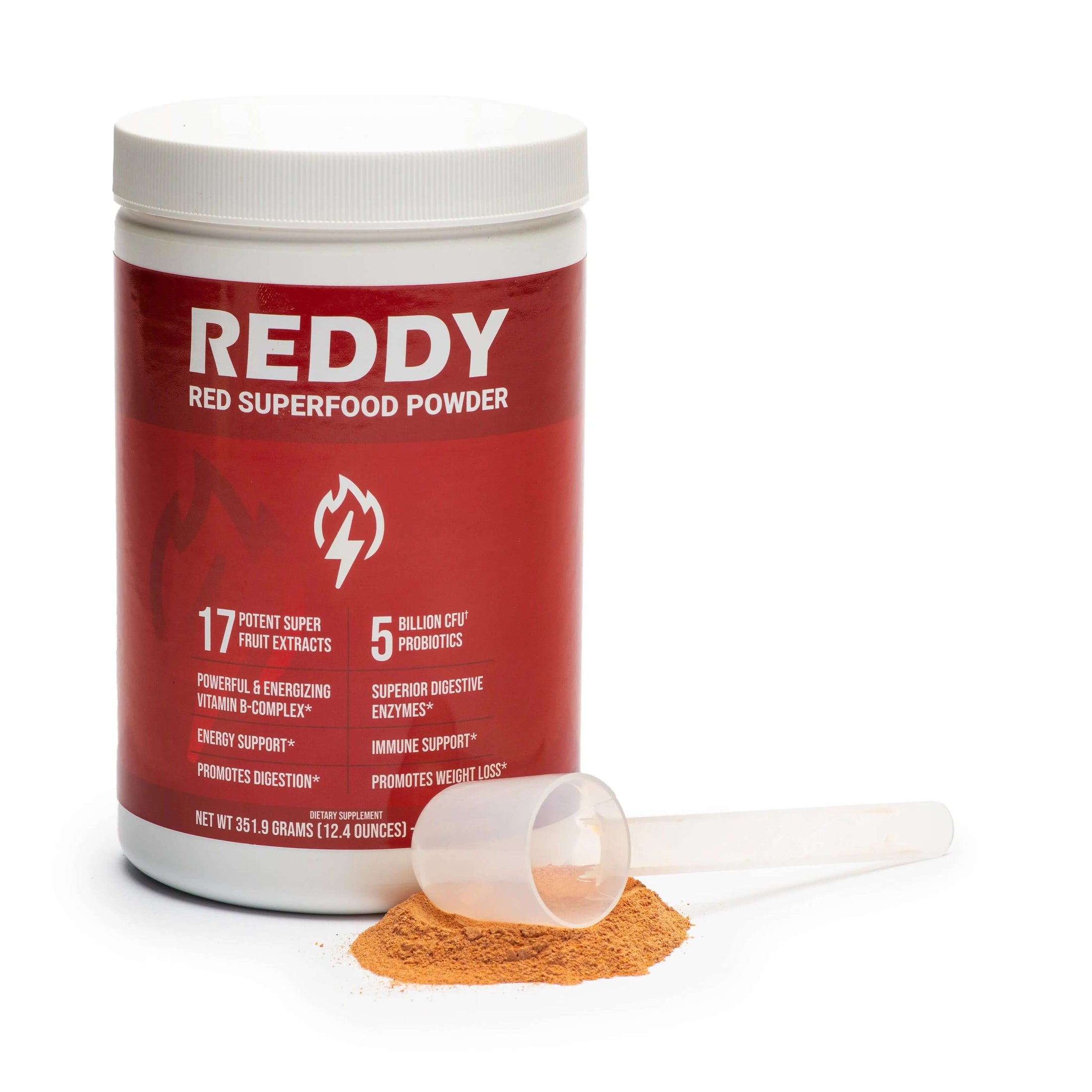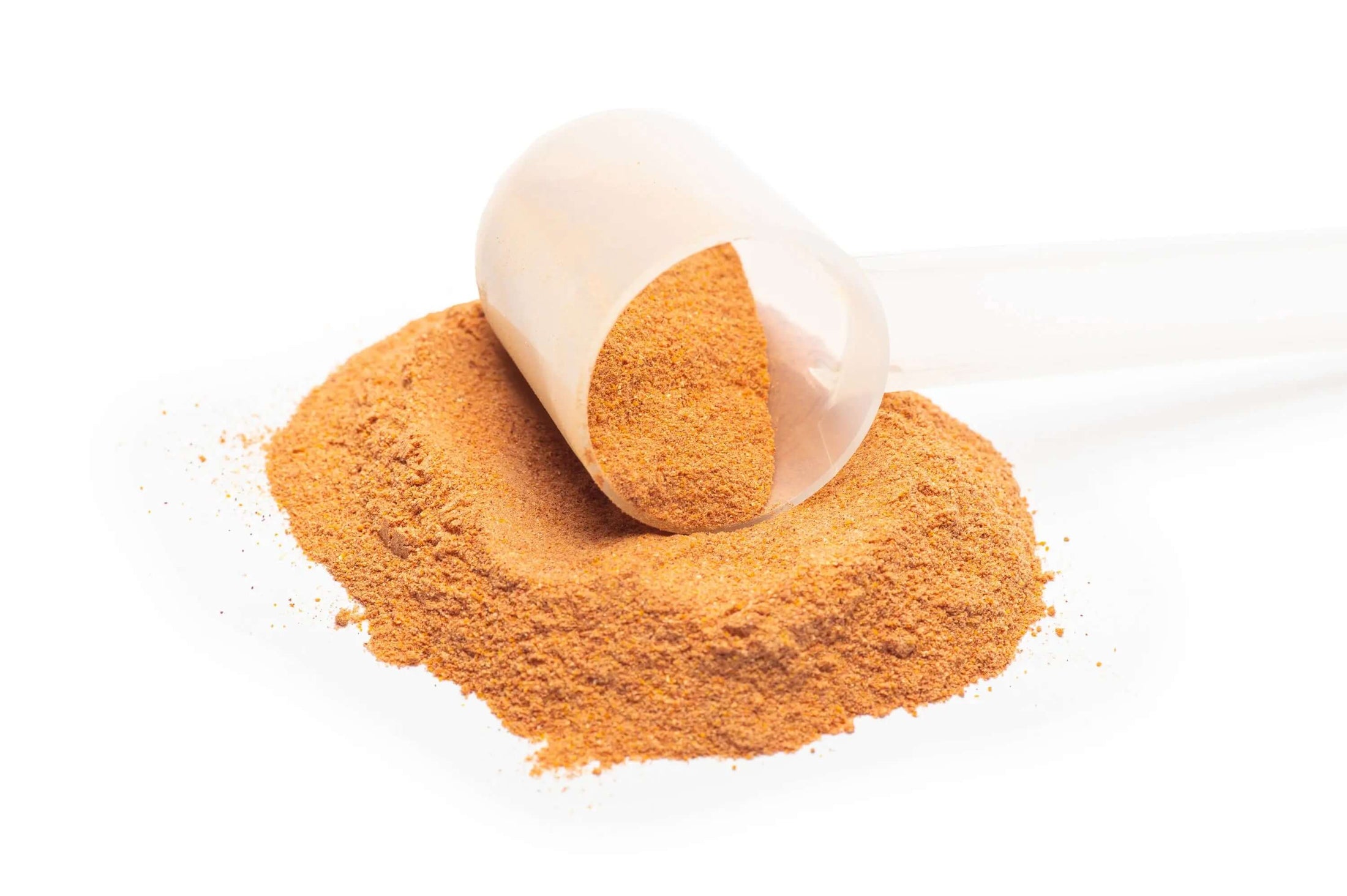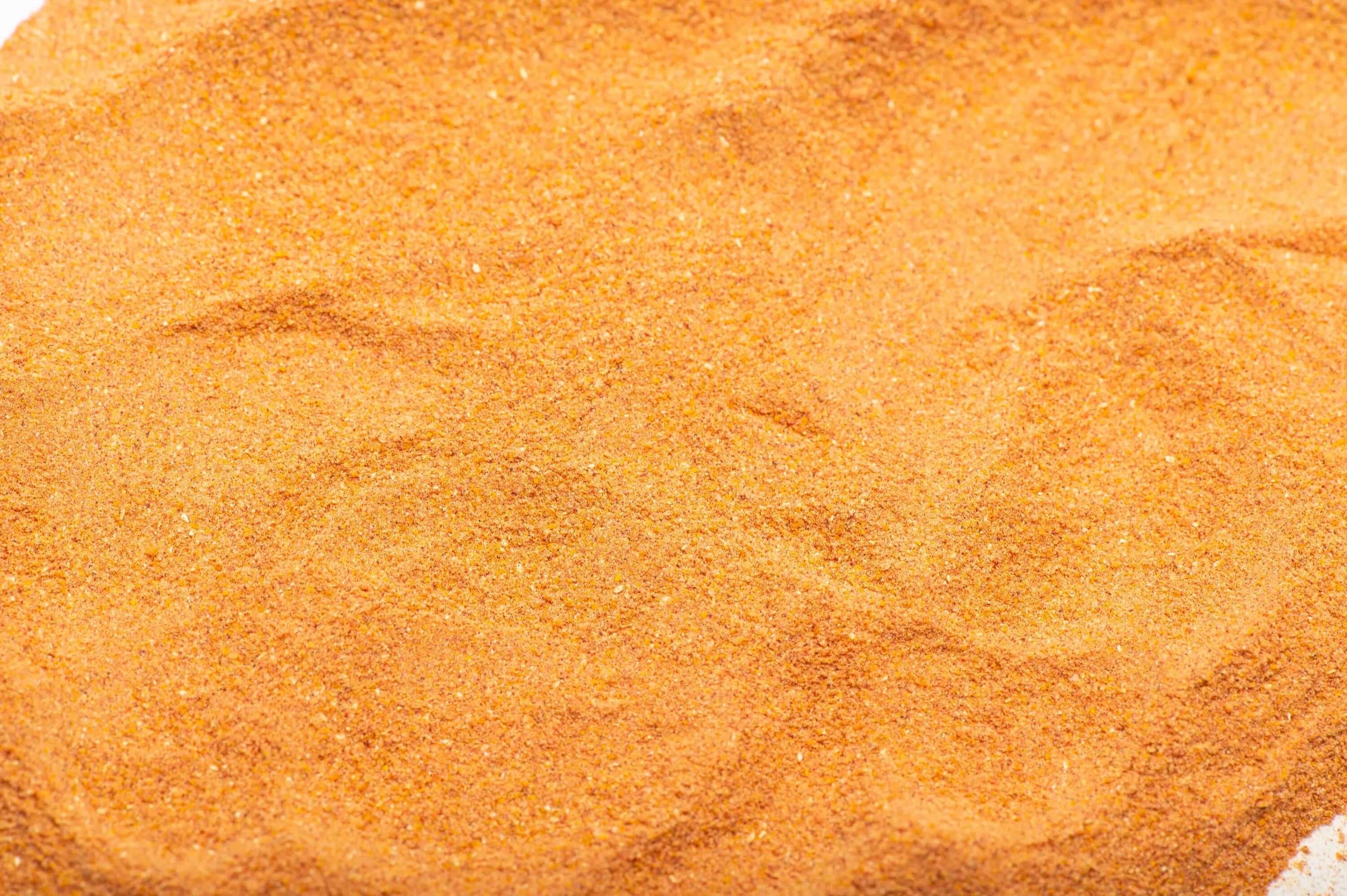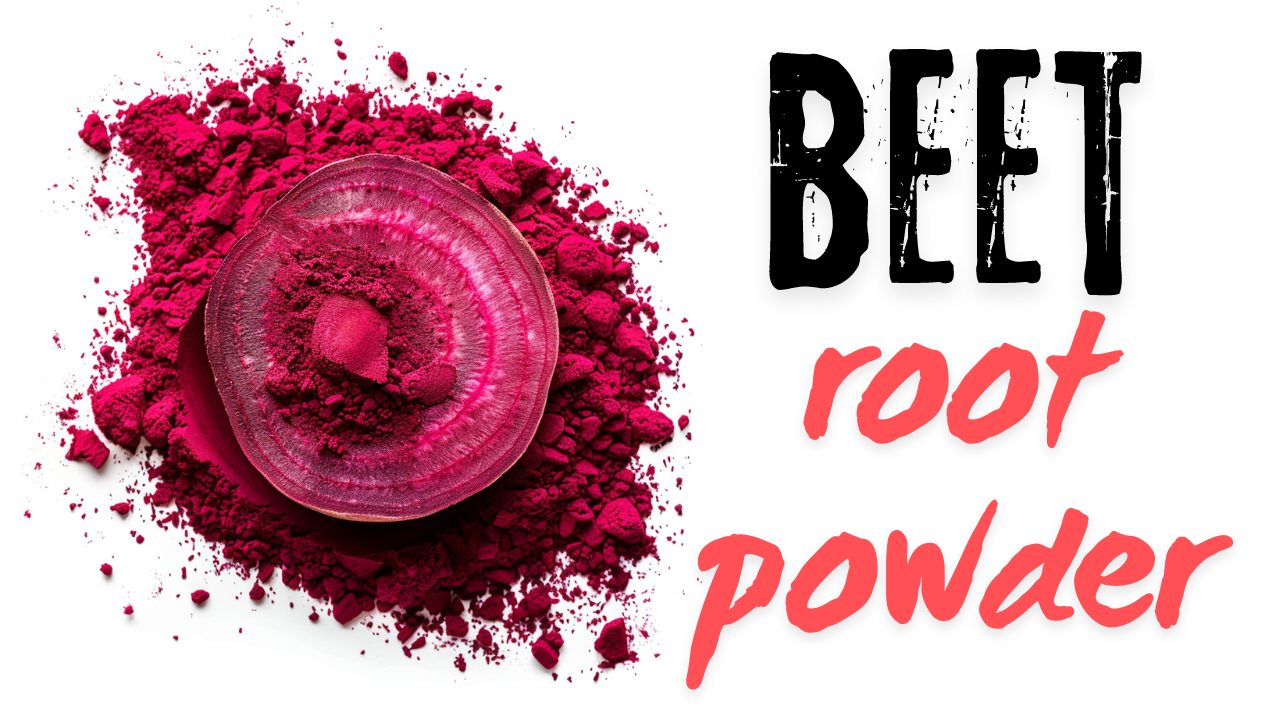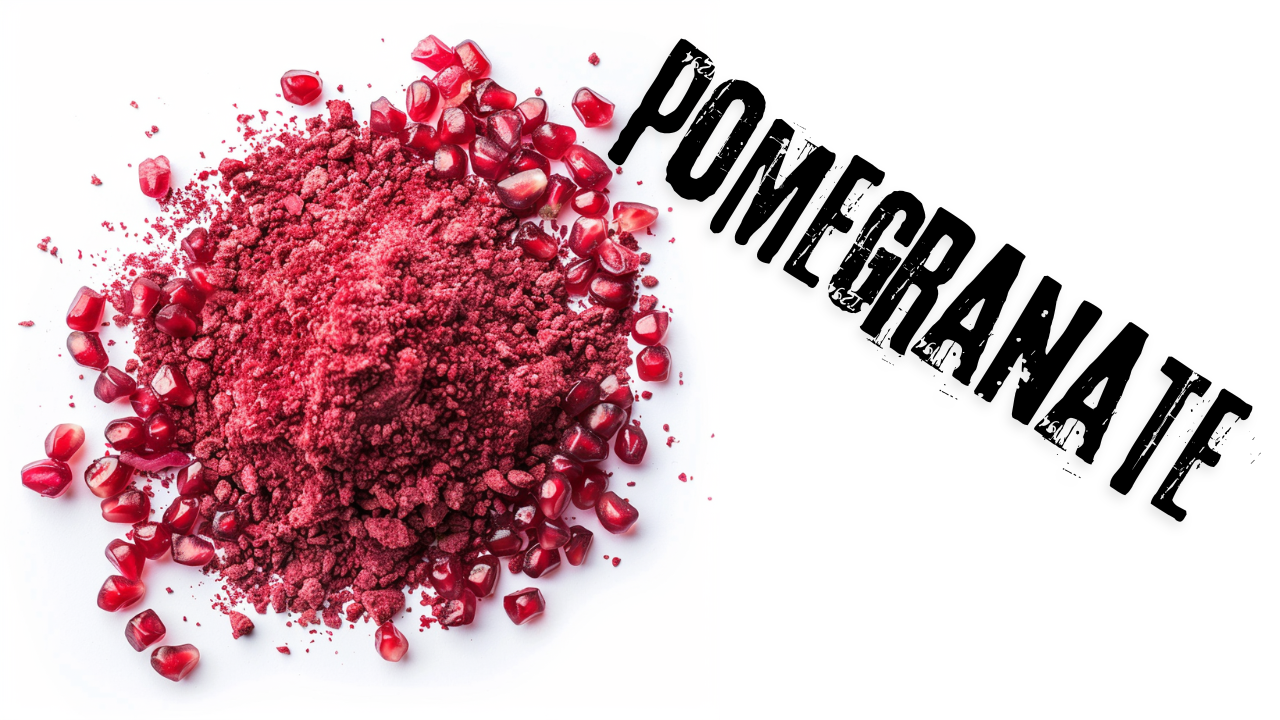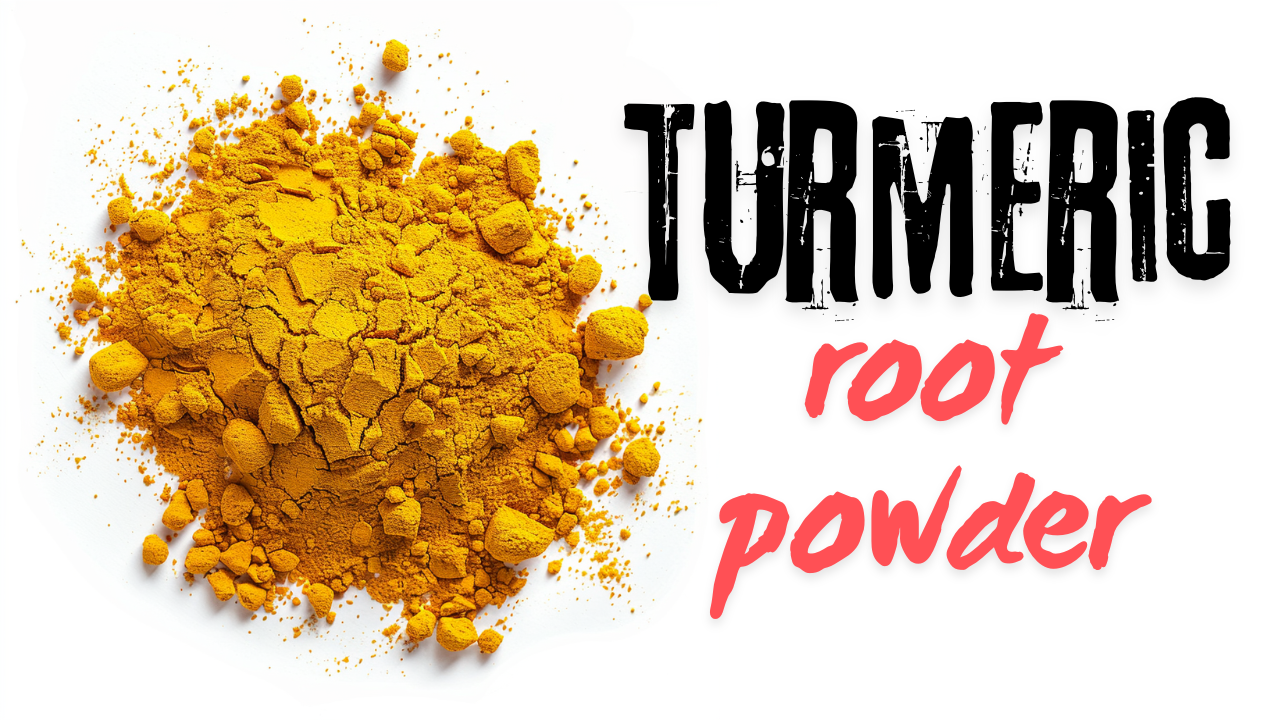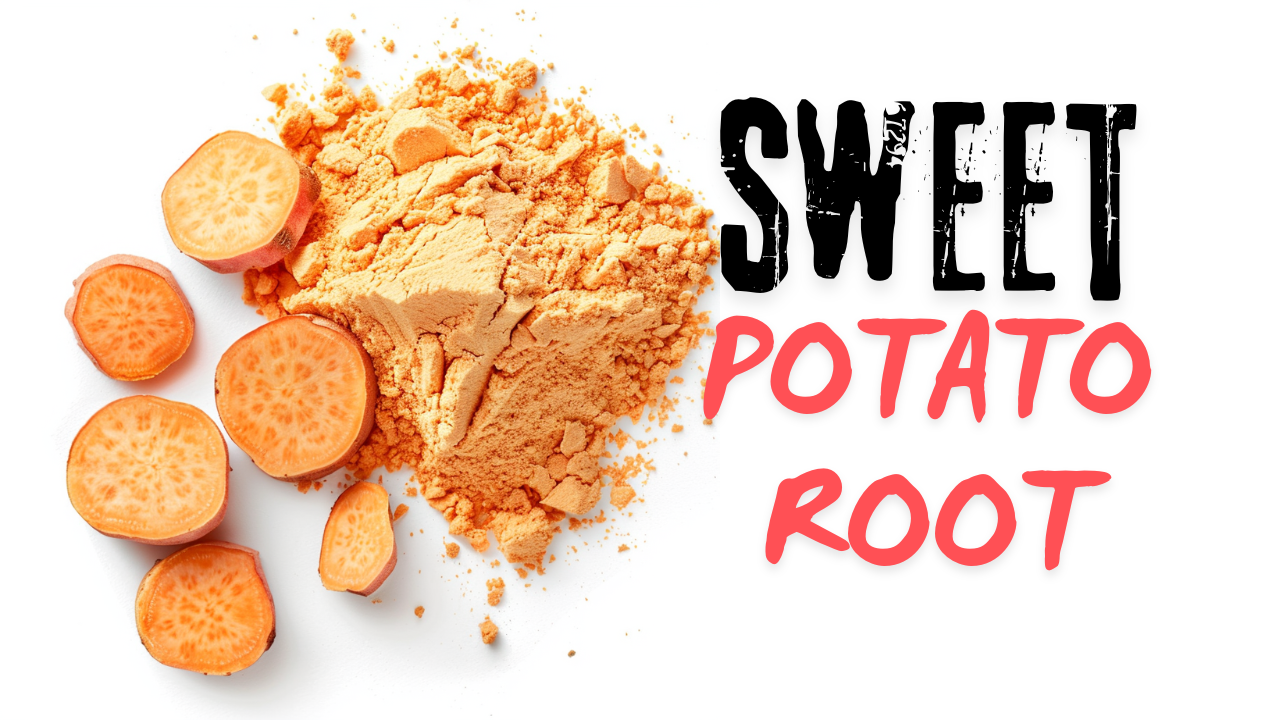Turmeric powder, derived from the root of the Curcuma longa plant, is a vibrant yellow spice widely used in culinary and medicinal contexts. It has been a staple in traditional medicine systems like Ayurveda and Traditional Chinese Medicine for centuries, valued for its anti-inflammatory and antioxidant properties. This article will explore the uses, benefits, and considerations associated with turmeric powder.
Uses of Turmeric Powder
Culinary Uses
- Flavor and Color: Turmeric is a key ingredient in many dishes, especially in South Asian and Middle Eastern cuisines. It imparts a warm, earthy flavor and a distinctive yellow color to dishes like curries, rice, and sauces.
- Spice Blends: It's a component of spice blends such as curry powder and garam masala.
Medicinal Uses
- Supplements: Often taken in capsule form for its health benefits.
- Turmeric Tea and Golden Milk: Used in beverages for both its flavor and health properties.
Health Benefits of Turmeric
- Curcumin Content: The primary active compound in turmeric is curcumin, known for its potent anti-inflammatory and antioxidant effects.
- Inflammation Reduction: Curcumin may help reduce inflammation, beneficial for managing conditions like arthritis and other inflammatory disorders.
- Antioxidant Effects: The antioxidants in turmeric can neutralize free radicals, potentially reducing oxidative stress and the risk of chronic diseases.
- Brain Health: There's growing evidence that curcumin could support brain health and may help in improving mood and cognitive function.
- Heart Health: May improve endothelial function and reduce the risk of heart disease.
- Digestive Health: Turmeric is traditionally used to promote digestion and alleviate digestive discomfort.
How to Use Turmeric Powder
- In cooking, start with small amounts to gauge the flavor, as it can be quite potent.
- For health purposes, turmeric supplements are available. However, curcumin is poorly absorbed on its own, so it's often combined with piperine (found in black pepper) to enhance absorption.
- Turmeric can also be used topically in masks and skin treatments.
Considerations and Side Effects
- Dosage: Excessive consumption can lead to digestive issues like heartburn or diarrhea.
- Interactions: Turmeric may interact with certain medications, including blood thinners and diabetes drugs.
- Pregnancy and Breastfeeding: Consult a healthcare provider before using turmeric supplements during pregnancy or breastfeeding.
- Gallbladder Disease: Individuals with gallbladder issues should use turmeric cautiously as it can exacerbate gallbladder problems.
Conclusion
Turmeric powder is a versatile and beneficial addition to both the kitchen and the medicine cabinet. While it is generally safe when used in cooking, its medicinal use, especially in supplement form, should be approached with caution and ideally under the guidance of a healthcare professional. Incorporating turmeric into one's diet or wellness routine can offer a range of health benefits, but it's important to be mindful of its limitations and potential interactions with medications.

